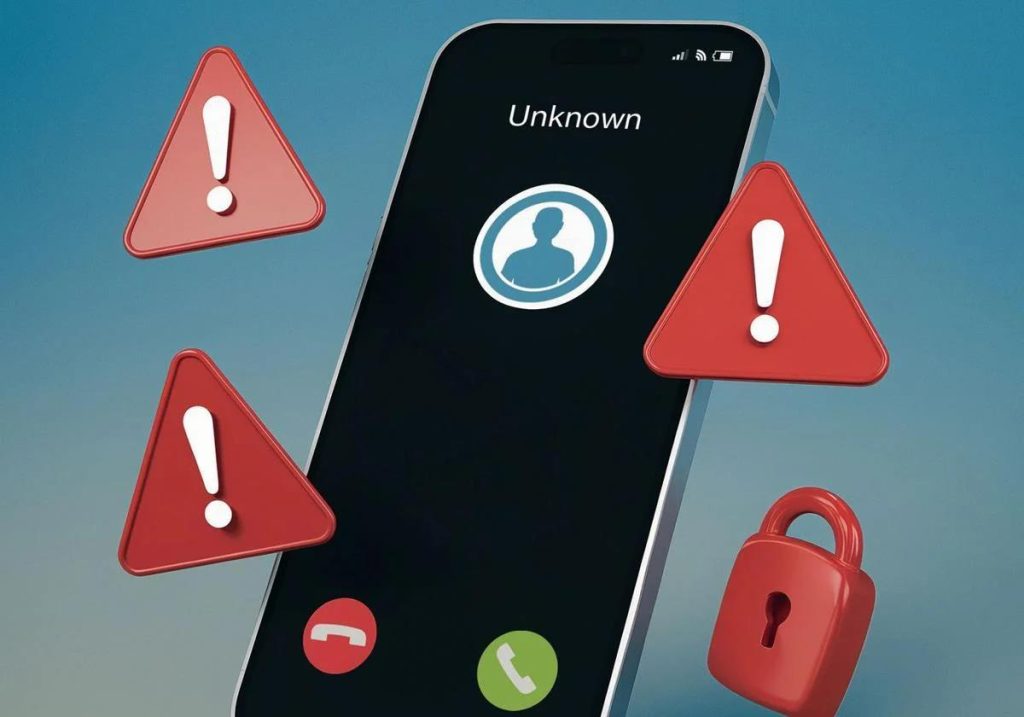
Introduction
In an age where digital communication is central to our daily lives, cybercrimes have taken on new forms, creating a vast and complex network of fraudulent schemes. One such scam that has recently gained widespread attention is the “Wangiri scam.” Although the term might sound unfamiliar to many, it has been causing considerable financial harm across various countries, particularly targeting mobile phone users. The Wangiri scam is an illegal practice that exploits people’s curiosity and vulnerability to generate illicit revenue. In this article, we will explore how the Wangiri scam works, its pros and cons, the role of telecom operators, and potential solutions to combat it.
How the Wangiri Scam Works
The term “Wangiri” is derived from the Japanese word for “one ring” (“wan” meaning one and “giri” meaning ring), reflecting the core technique used in the scam. Essentially, scammers use automated systems to place a single ring on the victim’s phone and hang up immediately. The objective is to lure the user into calling back the missed number, which, unbeknownst to them, connects to a premium-rate number or a high-cost international phone number. These premium rates are often exorbitantly high, and the victim is charged an excessive fee for the call.
The scam works in several stages:
- The Initial Ring: The victim’s phone rings once, showing a missed call from a number they don’t recognize, often with a foreign or unusual area code. This single ring triggers curiosity, leading the victim to check the number.
- The Call Back: Motivated by curiosity or a fear of missing an important call, the victim returns the call.
- Exorbitant Charges: Upon calling back, the victim is unknowingly connected to a premium-rate number or an international line that charges a high rate, sometimes per minute or a flat fee, leading to significant financial loss.
The scam often involves international numbers, making it harder for the victims to recognize the scam immediately. Additionally, scammers may use tools to change the number displayed to appear as if it originates from a local or legitimate source, further deceiving the target.
The Pros (For the Scammers)
From the perspective of the fraudsters, the Wangiri scam has several advantages:
- Low Cost, High Return: Setting up premium-rate numbers or international lines is relatively inexpensive for scammers. The profits, however, are substantial, especially when they target a large number of people.
- Anonymity: Scammers can operate from overseas, making it difficult for authorities to track or identify them.
- Mass Reach: Thanks to the global nature of mobile networks, scammers can target victims across multiple countries, exponentially increasing their potential victims.
- Automation: The scam is often automated, with dialers that can make hundreds or even thousands of calls in a very short time, ensuring that the fraudsters can cast a wide net with minimal effort.
The Cons (For the Victims)
While the Wangiri scam is financially lucrative for fraudsters, it has significant downsides for the victims:
- Financial Losses: The primary risk for victims is the financial cost. Calling back these premium-rate or international numbers can result in steep charges, which can add up quickly, especially if the victim doesn’t realize they’re being scammed.
- Emotional Stress: Victims may experience stress or anxiety, particularly if they are uncertain about who called them or whether the missed call was important.
- Reputation Damage: Some victims, particularly businesses or professionals, may worry that calling back an unknown number could damage their reputation or compromise sensitive information.
- Lack of Awareness: Many people are not aware of the Wangiri scam and might not recognize it as fraudulent until it’s too late. This lack of awareness means they are more likely to fall victim to it.
The Role of Telecom Operators
Telecom operators play a crucial role in both enabling and combating the Wangiri scam:
- Enabling the Scam: Telecom companies are central to the infrastructure that allows premium-rate or international numbers to operate. Scammers often set up premium-rate numbers through third-party service providers that telecom companies allow on their networks.
- Detection and Blocking: Telecom operators are responsible for detecting suspicious activity and blocking known scam numbers. However, many telecom providers fail to act swiftly, allowing scammers to exploit the system for extended periods.
- Customer Education: Operators can also take an active role in educating customers about the dangers of returning missed calls from unknown numbers, particularly those with foreign area codes.
- Collaboration with Authorities: Telecom companies need to collaborate with regulatory bodies and law enforcement to identify and shut down the perpetrators of the scam, especially when it spans across international borders.
Possible Solutions to Combat the Wangiri Scam
To address the growing problem of the Wangiri scam, several solutions can be implemented:
- Stricter Regulations for Premium Numbers: Governments and regulatory authorities should establish tighter controls over premium-rate and international phone numbers to ensure they are not misused for fraudulent purposes.
- Improved Call Authentication: Telecom operators can implement caller ID verification technology, enabling users to distinguish between legitimate calls and potentially fraudulent ones.
- Real-Time Alerts: Telecom operators can send real-time alerts to customers warning them if they have missed a call from a number associated with scams or high international rates.
- Public Awareness Campaigns: Raising awareness through advertisements, websites, and social media can help educate users about the risks of returning missed calls, particularly from unfamiliar numbers.
- Fraud Detection Systems: Telecom companies can invest in advanced fraud detection systems that analyze calling patterns, identify suspicious activity, and automatically block scam calls.
- Collaboration with International Bodies: Given the international scope of Wangiri scams, collaboration between telecom providers across different countries, along with international law enforcement, could help track down and shut down operations.
Effects of the Wangiri Scam
The effects of the Wangiri scam can be far-reaching:
- Financial Impact: Victims of the scam can lose significant amounts of money, especially in cases where the calls involve long international connections.
- Loss of Trust: As victims become more aware of the scam, they may lose trust in mobile communication systems, leading to a decrease in call-back behavior or reluctance to answer unknown calls.
- Regulatory Backlash: Governments and regulatory bodies may impose stricter regulations on telecom providers, which could affect their business operations or lead to reputational damage.
- Rising Crime: The persistence of such scams may encourage other fraudulent practices, leading to an increase in overall cybercrime and further complicating efforts to regulate the industry.
Conclusion
The Wangiri scam is a growing threat in the digital age, affecting millions of mobile users worldwide. While the scam brings substantial profits to fraudsters, it has significant financial, emotional, and social consequences for the victims. Telecom operators, governments, and regulatory authorities must work together to combat the issue by implementing stricter regulations, increasing awareness, and utilizing advanced fraud detection technologies. As the digital landscape continues to evolve, it is crucial for users to stay vigilant and informed about the potential risks that come with increased connectivity, ensuring they can protect themselves from such malicious schemes.










